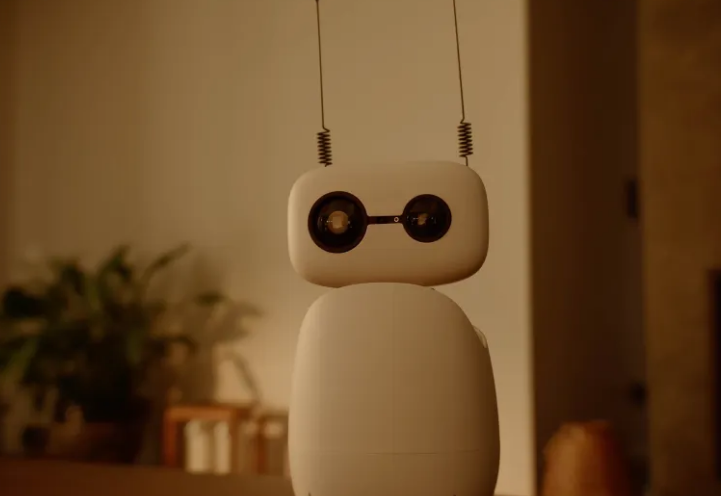Hugging Face announced on Wednesday that its Reachy Mini desktop robot, designed for developers, is now available for purchase. These open-source robot kits aim to allow developers to easily build, modify, and test artificial intelligence applications, further demonstrating Hugging Face's commitment to open-source hardware and community collaboration.
Reachy Mini comes in two versions:Reachy Mini Wireless: priced at $449, it runs on a Raspberry Pi 5 mini computer and offers wireless connectivity.Reachy Mini Lite: priced at $299, it requires connection to a computing source but is more cost-effective.
Hugging Face first showcased the prototype of Reachy Mini in May this year, along with the large humanoid robot HopeJR. The dimensions of Reachy Minis are similar to standard stuffed toys, featuring two screens as eyes and two antennas, and are provided as kits to encourage developers to assemble them themselves.

Once built, these robots can be fully programmed using Python. They come preloaded with a series of demonstration programs and are deeply integrated with Hugging Face's open-source machine learning platform, Hugging Face Hub. This platform provides users access to over 1.7 million AI models and 400,000 datasets, significantly expanding the development potential of Reachy Mini.
Hugging Face CEO Clém Delangue said in an interview with TechCrunch that launching two versions of Reachy Mini was based on early feedback from the company's prototype. He shared a case where an early tester found her 5-year-old daughter liked to carry the desktop robot around the house, which made them believe more people would like the robot. Delangue emphasized that Hugging Face's product development always follows the open-source community platform philosophy, continuously improving through user and community feedback.
Delangue clearly stated that the target audience for Reachy Minis is AI developers. These desktop robots provide users with a platform to code, build, and test AI applications on physical devices. He hopes that Reachy Mini will "truly unleash developers' creativity," allowing them to build millions of different applications and features and share them with the community, achieving plug-and-play functionality.
Reachy Mini Lite is expected to start shipping next month, while the wireless version will ship later this year. Delangue emphasized the importance of getting the robots into users' hands quickly, avoiding lengthy reservation processes.
This release also aligns with the overall goal of Hugging Face's robotics initiative: providing open-source hardware that users have full control over. Delangue believes the future of robotics lies in open-source, not closed-source, black-box operations concentrated in the hands of a few companies. He hopes for a world where everyone can have some level of control over robots, avoiding a scenario where millions of home robots are controlled by a few companies, leaving users unable to truly understand or control them.
